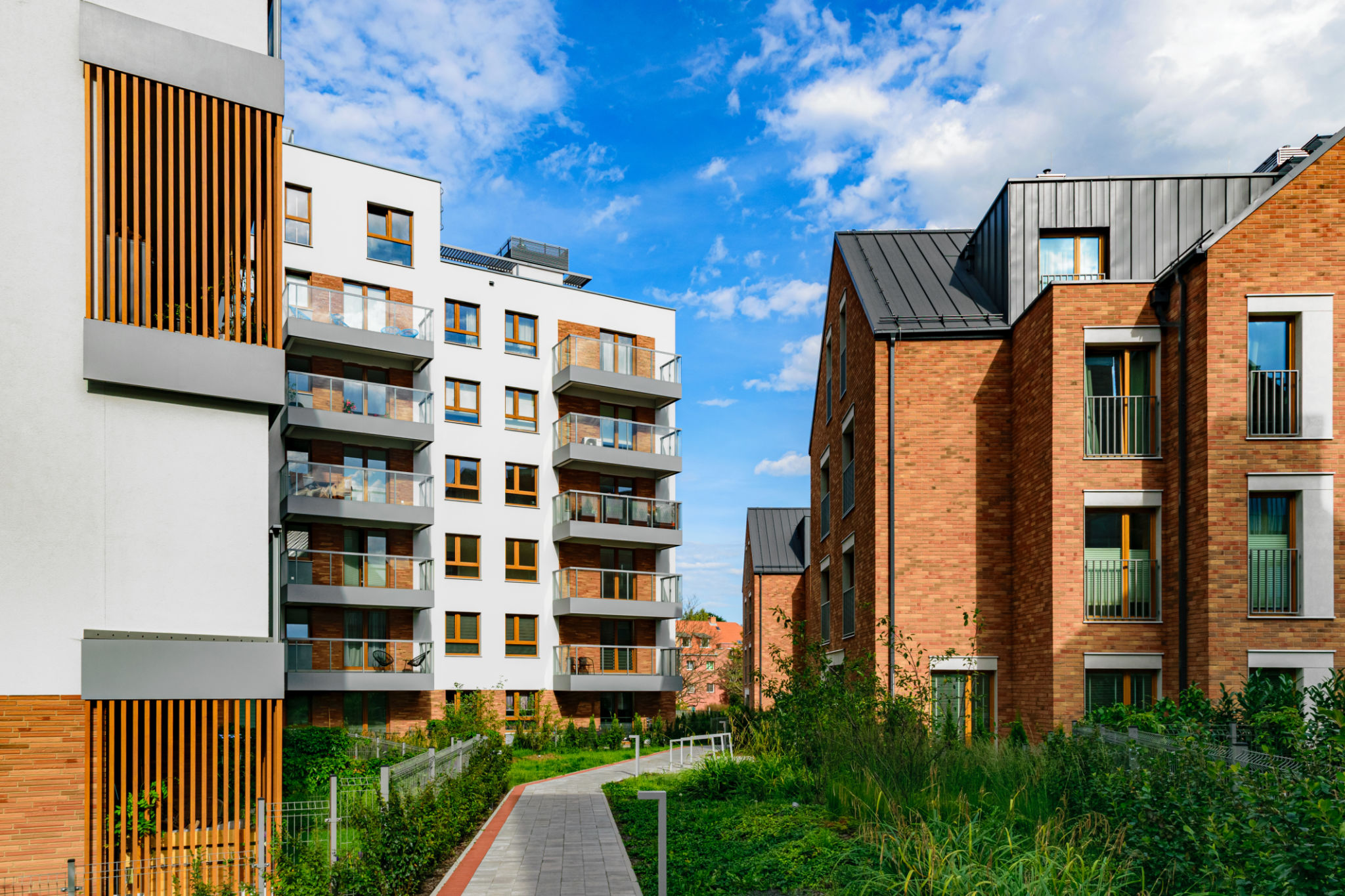Comparing Residential and Commercial Leasing: Key Differences and Landlord Tips
Understanding the Basics of Residential and Commercial Leasing
When it comes to leasing property, understanding the key differences between residential and commercial leases is crucial for both landlords and tenants. Residential leases typically involve renting properties such as apartments, houses, or condos for living purposes. In contrast, commercial leases pertain to renting spaces like offices, retail shops, or industrial buildings for business activities.
The nature of these leases influences everything from lease duration to responsibilities and legal protections. Understanding these distinctions can help landlords manage their properties more effectively and set clear expectations with tenants.

Lease Duration and Flexibility
One of the most significant differences between residential and commercial leasing is the lease duration and flexibility. Residential leases are generally short-term, often lasting one year with an option for renewal. This provides tenants with the flexibility to move as their living situations change.
Commercial leases, however, tend to be longer-term commitments, often ranging from three to ten years. This longer duration offers stability for businesses but also requires careful consideration of future business needs. Commercial landlords may offer more customizable lease terms to accommodate the specific needs of different businesses.
Legal Protections and Obligations
Residential tenants are often afforded greater legal protections due to the nature of their living arrangements. Laws typically require residential landlords to provide habitable living conditions and give tenants notice before entering the property. Eviction procedures are also rigorously regulated to protect tenants.
Commercial leases, on the other hand, are more negotiable, with fewer legal protections for tenants. It's crucial for commercial tenants to thoroughly review lease agreements to ensure their interests are adequately safeguarded. Landlords must be diligent in outlining specific terms and conditions clearly in the lease.

Maintenance and Repair Responsibilities
Maintenance responsibilities in residential leases usually fall on the landlord, who must ensure that the property remains in good condition and addresses any repairs promptly. Tenants are typically responsible for minor upkeep and informing landlords of significant issues.
In commercial leases, maintenance responsibilities can vary widely depending on the type of lease agreement. Triple net leases, for example, require tenants to cover property taxes, insurance, and maintenance costs, while landlords may handle structural repairs. It's crucial for both parties to have a clear understanding of these obligations.
Cost Considerations
Cost structures also differ significantly between residential and commercial leases. Residential leases generally have straightforward rent payments that cover most expenses like utilities and maintenance. Security deposits are common but usually limited to a small amount relative to monthly rent.
Commercial leases can involve more complex cost arrangements. In addition to rent, tenants may be responsible for additional expenses like common area maintenance fees or property improvements. Landlords should clearly communicate all potential costs to avoid disputes later on.

Tips for Landlords
For landlords managing either type of property, understanding these differences is key to effective property management. Here are some tips to consider:
- Know Your Lease Type: Ensure you understand the specific requirements and legal obligations associated with each type of lease.
- Clear Communication: Maintain open lines of communication with tenants and provide detailed lease agreements that outline responsibilities.
- Stay Informed: Keep up-to-date with relevant laws and regulations to ensure compliance and protect your interests.
- Plan for Contingencies: Have a plan in place for unexpected issues such as repairs or tenant disputes.
By recognizing the fundamental differences between residential and commercial leasing, landlords can better navigate the complexities of property management and foster positive relationships with their tenants.
